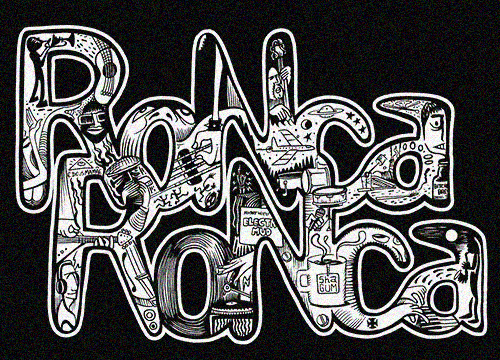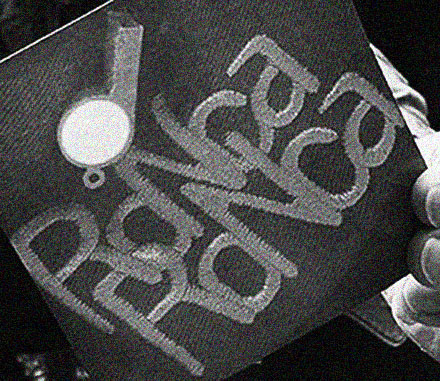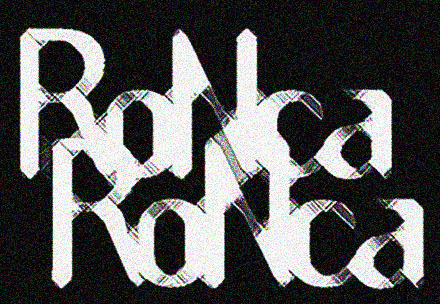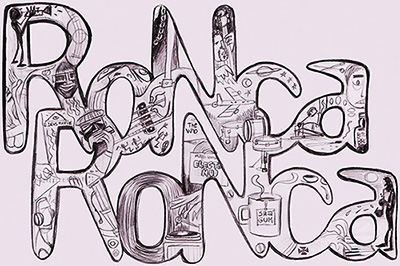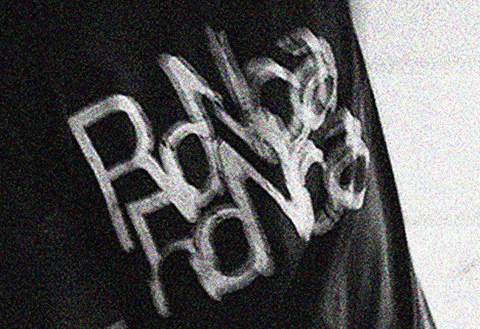
Arquivo da tag: tom waits
marcio mandou pra gente (ou vale a pena ver de novo)…
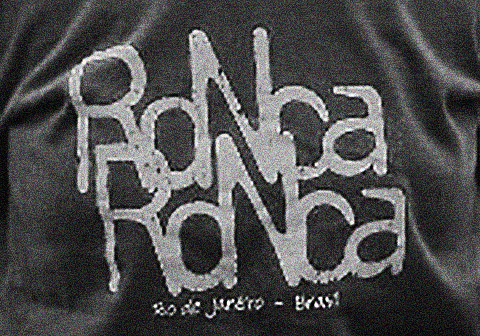
que momento!
teria brunete escapado das garras de TW… ou o contrário?
( :
joão & jarmusch…

Subject: E por falar em Jarmusch…“Fala, Mister. Espero que esteja bem, apesar dos pessares.Mas olha, por falar em Jim Jarmusch, eu assisti esses dias o clássico “Down by law”, que além da presença de Tom Waits como ator tem a participação do Arto Lindsay na trilha! Sempre bom acompanhar as letrinhas dos créditos até o final.Filme bom pra ver, com ou sem quarentena.Abraços emocionados com a participação do Yuka!Saudações listradinhas diretas de Berlin”João
márcia mandou pra gente (ou tom waits & marc ribot)…

“La Complaine du Partisan,” a song about the French Resistance written in 1943 by Emmanuel d’Astier de la Vigerie with music by Anna Marly, was adapted into English as “The Partisan” by Hy Zaret, author of the Righteous Brother’s “Unchained Melody.” Covered by artists like Joan Baez and, most famously, Leonard Cohen, the song’s folk melody and melancholy lyricism have become so closely associated with Cohen that it has often been credited to him. Even Cohen himself remarked “I kind of re-introduced [“The Partisan”] into the world of popular music. I feel I wrote it, but I actually didn’t.”
Now another artist of Cohen’s stature, Tom Waits, may do the same for those who have never heard the World War II Italian anti-fascist song, “Bella Ciao,” which has been covered for decades in many languages and now appears as the first release on guitarist and composer Marc Ribot’s Songs of Resistance: 1942-2018, an album of protest music that comes out today and features guest vocals by Waits, Steve Earle, Meshell Ndegeocello, Justin Vivian Bond, and more. You can stream and buy the album here at Ribot’s Bandcamp page. Waits’ track is the first song he has released in two years, and it’s a helluva return.
The song comes from an old Italian folk ballad that was “revised and re-written during World War II for the Italian anti-fascist resistance fighters,” notes Sam Barsanti at The Onion’s A.V. Club. It has “since become an anthem of sorts for anyone looking to stick it to fascists.” Ribot and his collaborators fit the description. Waits’ “Bella Ciao” was released with a video, directed by Jem Cohen, “that makes its parallels with modern life very explicit,” Barsanti writes, “pairing Waits’ vocals with footage of police and soldiers guarding barricades at anti-Trump protests. It may sound heavy-handed, but fuck it, nobody said fighting fascists had to be subtle.”
Subtle it isn’t, but neither is the banning of Muslim refugees, the kidnapping and detention in camps of hundreds of migrant children, the transfer of $169 million dollars from other programs—including FEMA and the Coast Guard during yet another fatal hurricane season—for even more camps and ICE raids, the lying denial that thousands were left to die in Puerto Rico last year, and so on and so on.
Other songs on the album draw from the U.S. civil rights movement and Mexican protest ballads. At his site, Ribot acknowledges the perennial problem of the protest song. “There’s a lot of contradiction in doing any kind of political music, how to act against something without becoming it, without resembling what you detest… I imagine we’ll make mistakes,” he avows, but says the stakes are too high not to speak out. “From the moment Donald Trump was elected,” he decided “I’m not going to play downtown scene Furtwangler to any orange-comb-over dictator wannabe.” (The reference is to Wilhelm Furtwängler, leading classical conductor in Germany under the Nazi regime.)
Like so many folk songs, “Bella Ciao” has a complex and murky history: the original version, a peasant work song, may have a Yiddish origin, or in any case—explains the blog Poemas del rio wang—emerged from a region “where Jews, Romanians, Rusyns, Gypsies, Ukranians, Hungarians, Italians, Russians, Slovakians, Polish, Czech, Armenians, [and] Taters lived together” and where “melodies did not remain the exclusive property of only one ethnic group.” This submerged background gives the re-written “Bella Ciao” an even deeper resonance with the anti-fascism of the 1940s and that of today.
See the video and hear Waits and Ribot’s haggard yet determined “Bella Ciao (Goodbye Beautiful)”; read more about the song’s long history here. All proceeds from Ribot’s album will be donated to the Indivisible Project.
balançando o coreto…
fechando com rara edição em vinil (7 discos) de “orphans: brawlers, bawlers & bastards”!
